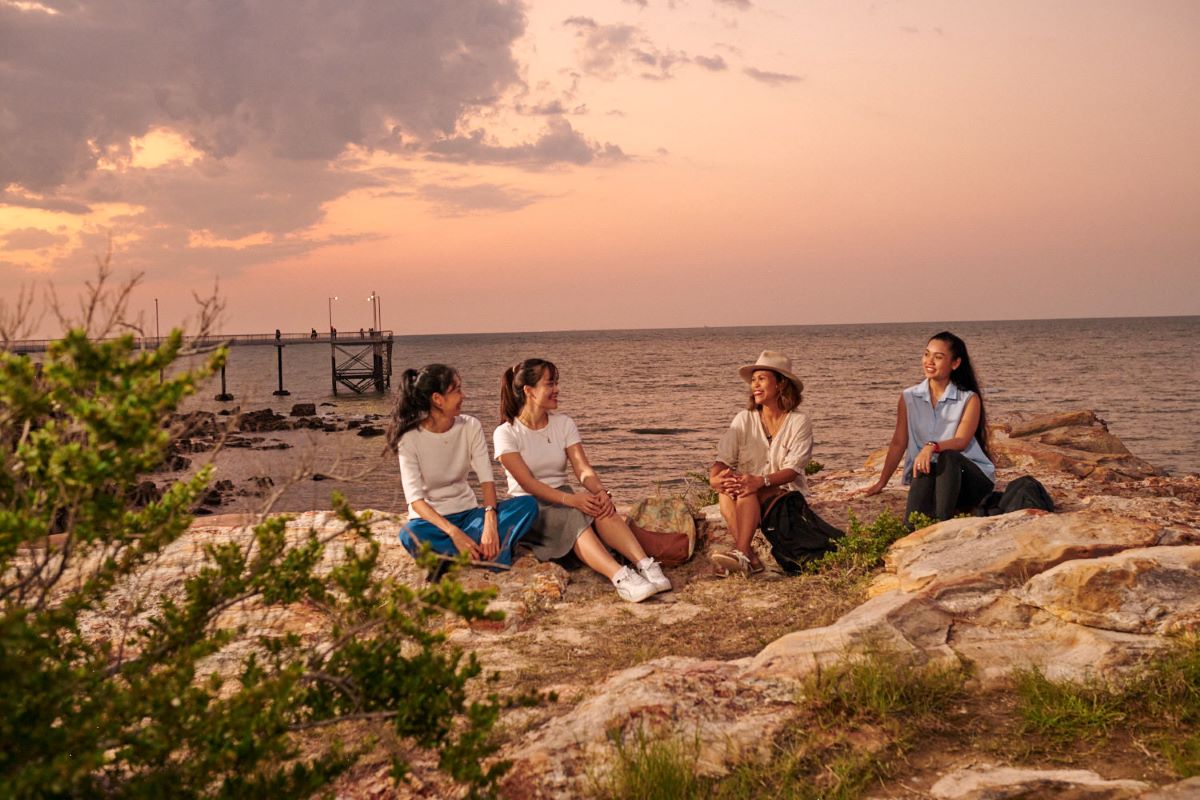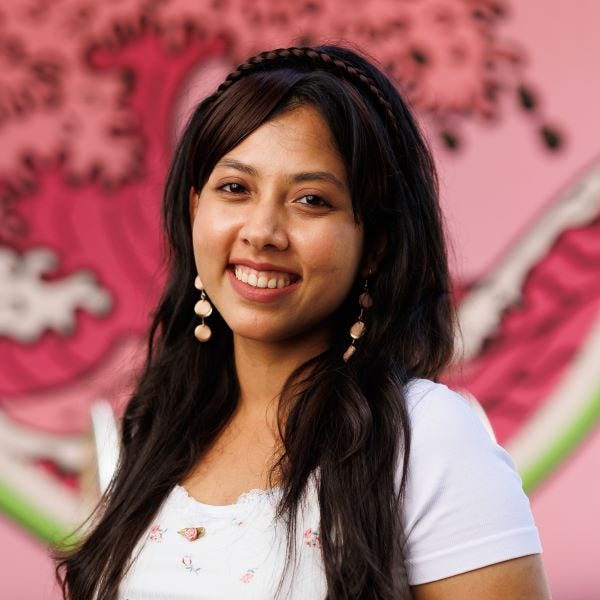
If you’re thinking of studying in Australia, there are well-known, larger cities to choose from. However, you could also consider the smaller Australian cities that offer a truly unique student experience.
Let’s explore why a smaller student city could be a fantastic choice for you!
What are ‘smaller cities’ in Australia?
In the most general terms, smaller cities and major towns are those located outside of Australia’s major cities (Sydney, Melbourne and Brisbane).
Sometimes smaller cities are called ‘regional’ cities in Australia.
The benefits of studying in smaller cities in Australia
1. High quality education
Smaller cities are home to high-quality Australian universities that often excel in specialised areas of study.
Smaller cities also offer study opportunities in and near diverse ecosystems, natural environments and large industries. This allows you to gain expert knowledge in niche study areas.
Some examples include:
- The University of Southern Queensland is well known for its aviation degrees.
- James Cook University in Townsville is renowned for its marine sciences program.
- Murdoch University, The University of Newcastle and The University of New England are amongst the world's top 250 universities for agriculture and forestry.
- The University of Tasmania excels in Antarctic science.
When you study in a smaller city (or ‘regional’ location), there are often smaller class sizes. This can mean it’s easier to meet new people, access support services and seek extra help with your studies.
2. Employment opportunities
Many smaller Australian cities offer great employment opportunities during and after your studies. With lower competition for jobs, compared to big cities, you may find it easier to secure part time work or internships related to your field of study.
Education and training providers in smaller cities are very well connected to local businesses and industry sectors, meaning good access to opportunities. Some universities in smaller cities also have formal partnerships with industry, such as Federation University in Ballarat, with its longstanding technology partnership and tech parks.
The Good Universities Guide 2024 ranks mostly ‘regional’ (smaller city) universities as the quickest for securing full-time employment.
3. Affordable living
Compared to major cities, the cost of living in smaller cities can be more manageable. From accommodation to daily expenses, you may be able to find a smaller city that helps your budget stretch a little further.
4. Nature and adventure
When you study in a smaller student city, you often get to immerse yourself in beautiful natural surroundings on campus. For example, the University of Sunshine Coast is the world’s only university with campuses on three connecting UNESCO biosphere reserves and the World Heritage Listed K’gari.
You’ll also get to spend your free time on outdoor adventures and discovering beautiful landscapes and native wildlife. Whether you’re drawn to the tropical beaches of Queensland, the serene landscapes of Tasmania or an outback adventure in the Northern Territory, regional Australia offers something for everyone.
Beaches, road trips and the laid-back lifestyle are the main three things I have enjoyed about Perth and still do!
Abhijith Harikumar

5. Strong community connections
Living in a smaller city gives you the chance to connect more deeply with the local community. You’ll find many opportunities to get to know people on and off campus by joining clubs, volunteering or simply chatting to the locals at the shops and cafes. These connections can help you feel supported and improve your wellbeing.
Scholarships and visa benefits
Most universities in smaller cities offer their own scholarship programs which you can find on their websites. Some other scholarships available include:
- Study in Australia’s Northern Territory scholarship
- Regional bursary for TAFE international students
- WA Government international student incentives and scholarships
- Scholarships in Adelaide
- Scholarships in Canberra
- Scholarships in Tasmania
There are also other advantages offered by the Australian Government if you choose to study in a smaller (‘regional’) city, depending on the specific location. These can include an additional one to two years on your Temporary Graduate Visa (subclass 485) ‘stay and work’ period (conditions apply).
You can find out more about these advantages on the Department of Home Affairs website.
Find out more
Discover more about studying and living in a smaller Australian city via our location pages:
New South Wales:
Wollongong and the South Coast
Newcastle and Hunter Valley
Country New South Wales
North Coast
Northern Territory:
Darwin
ACT:
Canberra
Queensland:
Cairns
Gold Coast
Sunshine Coast
Toowoomba
Townsville
South Australia:
Adelaide
Tasmania:
Hobart
Launceston
Victoria:
Ballarat
Bendigo
Geelong
Western Australia:
Perth
You can also visit the Regional Universities Network website to hear from students who have studied in regional areas of Australia.
You cannot help but fall in love with Darwin because of its people and their culture.
Sabrina from Bangladesh
